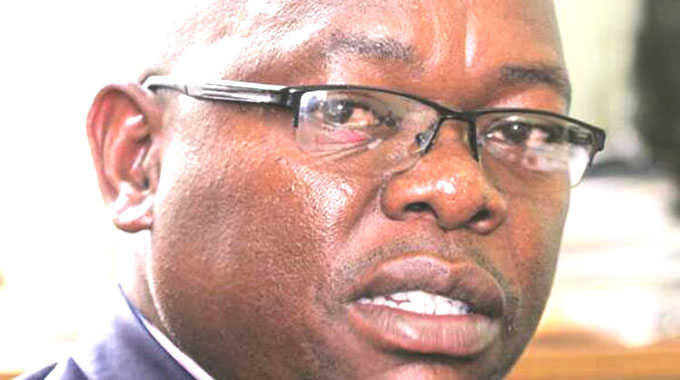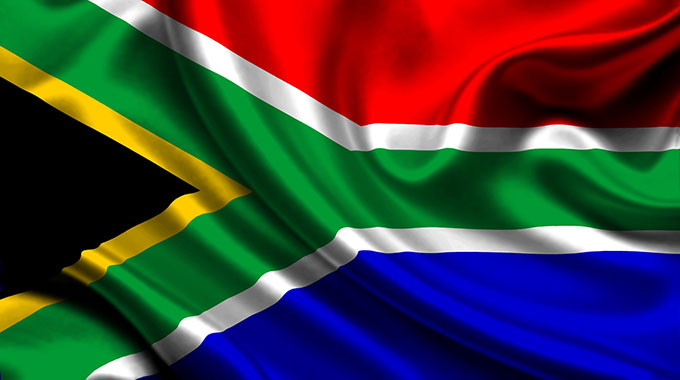Harare council hikes rates

Blessings Chidakwa
Municipal Reporter
New Harare rates and service charges that have been increased by 37,5 percent in high density areas and 67 percent in low density areas have now come into effect after the Harare City Council’s $41,8 billion budget set towards the end of last year was approved without change.
The new rates and charges for an average high-density suburban householder rise to a total of $2 387, up from last year’s $1 736, while an average low density family will see its monthly bills rise to $7 630 up from last year’s $4 558.
Ambulance calls are now $1 980, up from $820.
Harare City Council spokesperson, Mr Michael Chideme, yesterday confirmed that the city’s 2022 budget had been approved.
“Yes, the 2022 budget has been approved without any changes,” he said.
According to the new budget, high-density residents are now being charged $615 up from $575 for the first five cubic metres of water, refuse collection $778 from $565, minimum property tax $594 from $345 and sewer connections $400 from $250.
Those in the low density suburbs are now charged $820 for the first five cubic metres of water up from $765, sewer connections $540 up from $410, refuse $1 112 up from $803 and with a minimum property tax of $5 158 up from $2 580.
The business community has also been affected, with the collection of bins in commercial and industrial areas depending on the frequency per week increased, daily collection being $2 224,74 up from $1 632, three times a week is $2 691,94 up from $1 782.
The council has more than doubled the rents on the modest number of properties it owns, with Glaudina houses now being rented for $22 538 up from $9 300, in Glen Norah the semi-detached houses are now rented for $15 799 up from $6 504. In Dzivaresekwa (terraced full unit) tenants are paying $7 753 up from $3 200.
Even in essential health services, maternity fees have slightly risen with expecting mothers now paying $2 475 up from $2 000. Commenting on the initial city’s proposal of hiking the budget, Harare Residents Trust director Mr Precious Shumba said council must walk the talk.
“Council says the right things, but implementation is non-existent and several excuses are provided to justify the non-implementation of key proposals,” he said.
Mr Shumba criticised the council for tabling water, sanitation and hygiene issues in every budget, yet no solution to water shortages, broken sewers and poor garbage collection had been proffered, despite experts having recommended suitable solutions.
“For a long time, the City of Harare has acknowledged that 60 percent of treated water is being lost through leaks and illegal connections as non-revenue water,” he said.
“The solution has always been there, that the council should prioritise plugging these leaks and thefts of council water by replacing aged underground pipes, replacing dysfunctional water meters and revamping their billing system.”
Zimbabwe National Organisation of Associations and Residents Trust head Mr Shepherd Chikomba said they were saddened by increments with no service delivery on sight.
“Water billing must be based on actual consumption and not on perpetual estimates as that is fraud. Failure to collect refuse, invasion of wetlands and corruption is the order of the day at Town House.
“What is the City of Harare doing with all this revenue they have been collecting all these years? Service delivery is non-existent.”









Comments